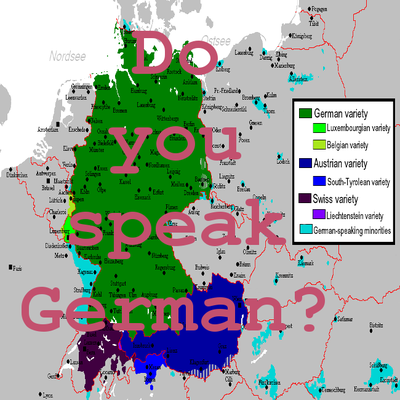Are German W Pronounced V?

The pronunciation of letters can significantly influence language learning. For many English speakers, the German language presents a variety of challenges, one of which is the pronunciation of the letter W. A common question arises: Are German W pronounced V? This article will explore this topic, delving into the nuances of German pronunciation, the role of regional accents, and the implications for language learners.
Quick Info Table
| German Letter | English Equivalent | Pronunciation Example |
|---|---|---|
| W | V | Wagen (car) |
| V | F | Vogel (bird) |
Understanding German Pronunciation
The Basics of German Phonetics
German phonetics differ significantly from English. One of the key differences is the way certain letters are pronounced. In German, the letter W is pronounced as V, while the letter V is often pronounced as F. This distinction can lead to confusion for English speakers trying to master the German language.
The Letter W in German
In German, the letter W is always voiced as V. For instance, the word Wasser (water) is pronounced like "Vasser." This can be particularly challenging for English speakers, as they are accustomed to pronouncing W as in water or wonder.
Example Words
- Wagen (car) is pronounced "Vagen."
- Wald (forest) is pronounced "Vald."
- Wissenschaft (science) is pronounced "Vissenschaft."
Understanding this pronunciation rule is crucial for effective communication in German.
The Letter V in German
V's Unique Role
In contrast, the letter V in German is typically pronounced as F. This can create additional confusion for learners who might expect it to be pronounced like the English V.
Example Words
- Vogel (bird) is pronounced "Fogel."
- Vater (father) is pronounced "Fater."
- Verstehen (to understand) is pronounced "Fersthen."
Recognizing this distinction helps learners avoid common pronunciation mistakes and enhances their overall fluency in German.
Regional Variations in Pronunciation
Accents and Dialects
German is spoken in various regions, each boasting its own accent and dialect. While the general rule is that W is pronounced as V, regional accents may introduce slight variations. For example, in some dialects, especially in parts of southern Germany and Austria, the pronunciation may soften or slightly alter the expected sounds.
Notable Dialects
- Bavarian Dialect: In Bavaria, the pronunciation of certain vowels and consonants can be more rounded, which might affect how W and V sound.
- Swiss German: In Switzerland, some speakers might pronounce W more like the English W, due to influences from the local languages.
Despite these regional differences, the rule remains largely consistent, and understanding these variations can enrich a learner's experience.
Implications for Language Learners
Practical Tips for Mastering Pronunciation
For English speakers learning German, mastering the pronunciation of W and V can greatly improve communication skills. Here are some practical tips:
- Listen Actively: Engage with German audio resources, such as podcasts or songs, to familiarize yourself with the pronunciation.
- Practice Speaking: Regularly practice speaking with native speakers or through language exchange programs.
- Utilize Phonetic Tools: Use phonetic transcriptions or language learning apps that emphasize proper pronunciation.
- Record Yourself: Listening to your own pronunciation can help identify areas for improvement.
Overcoming Common Mistakes
Many English speakers initially struggle with these sounds. Here are common pitfalls and how to avoid them:
- Mispronouncing W as W: Be conscious of your pronunciation. Remember that in German, W is always V.
- Confusing V with F: Similarly, practice distinguishing between V and F, as mispronouncing these can lead to misunderstandings.
By focusing on these aspects, learners can build confidence in their speaking abilities and reduce the likelihood of errors.
Conclusion
In conclusion, the question Are German W pronounced V? can be answered with a definitive yes. In German, the letter W is consistently pronounced as V, while the letter V typically corresponds to the English F sound. Understanding these pronunciation rules is essential for effective communication in the German language.
As you embark on your language-learning journey, remember the significance of mastering pronunciation. Engaging with native speakers, utilizing phonetic resources, and practicing regularly will enhance your fluency and confidence. With dedication and practice, you can navigate the intricacies of German pronunciation and enjoy the richness of this beautiful language.



Comments ()